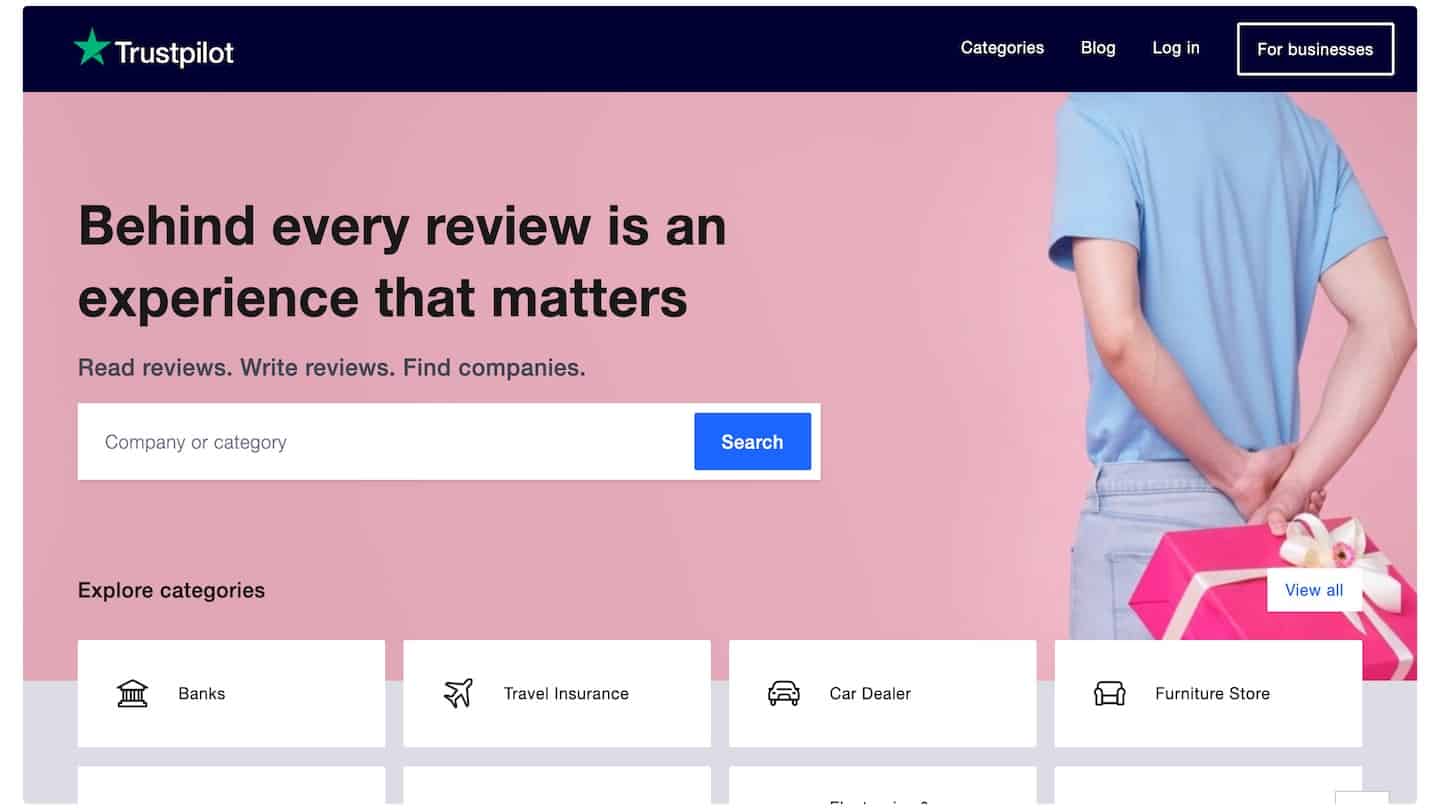
The use of a learning management software (LMS), will simplify the administration and monitoring of training. This system allows you to manage your courses, track learning results, and assess the impact of your training. LMSs are also useful for scheduling online exams and creating a question bank. LMSs are particularly useful in regulated industries, where employees need specific certifications.
LMS software that is the best should offer in-house support and expert consultation. This will help you choose the right features for your situation. LMS software needs to be intuitive. Ideally, the LMS should offer support for multiple languages.
Online reviews can be used to determine which LMS software is most popular. The reviews should provide you with a clear overview of the features and functionality of the LMS. Reviews should allow you to compare user experience.

Consider whether live demos are available for the LMS that you select. These live demos can help you get to know how the software works. The best way to approach an LMS demo is to prepare a list of use cases and ask the vendor to demonstrate how the LMS will meet your needs.
Consider whether the LMS supports classroom based learning. Some LMSs have the ability to facilitate econferences and online sessions that can include multiple participants. These platforms also provide video conferencing capabilities.
You should be able to upload multimedia learning content like video, images, text, and more. The software should have ecommerce capabilities. This allows you to sell courses, track sales and integrate a payment gateway. Some LMSs provide reporting capabilities. Also, look out for LMSs that offer a mobile app so you can study wherever you are.
Whether you choose an on-premise or cloud-based LMS, you should also consider the security and uptime of the system. Also, you should check to see if the vendor has received any awards or support services. It is best to choose LMSs that have been around for a while and have a track record.

The pricing structure of LMS software should be examined closely. LMS software usually increases in price as more users use it. However, in some cases, LMS software is free. Open-source and community-built LMS software, such as Moodle or Canvas, are also available. These LMSs don't require any licensing fees. They may not be as customizable as commercial software, however.
A subscription model for an LMS is also important. The subscription model is more common for cloud-based LMS systems. These softwares are typically priced according to the number of users but can also be billed monthly. Tiered pricing allows you the flexibility to choose which option is best for you. Also, make sure to verify that your LMS includes software updates. This will ensure that you have the latest software and allow for scalable functionality.